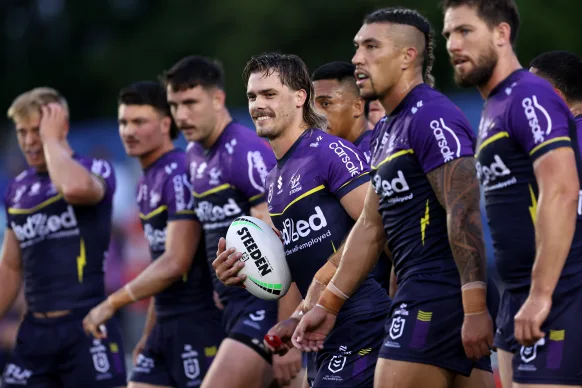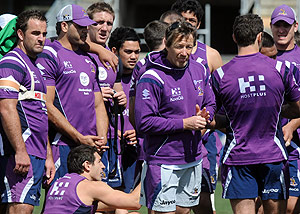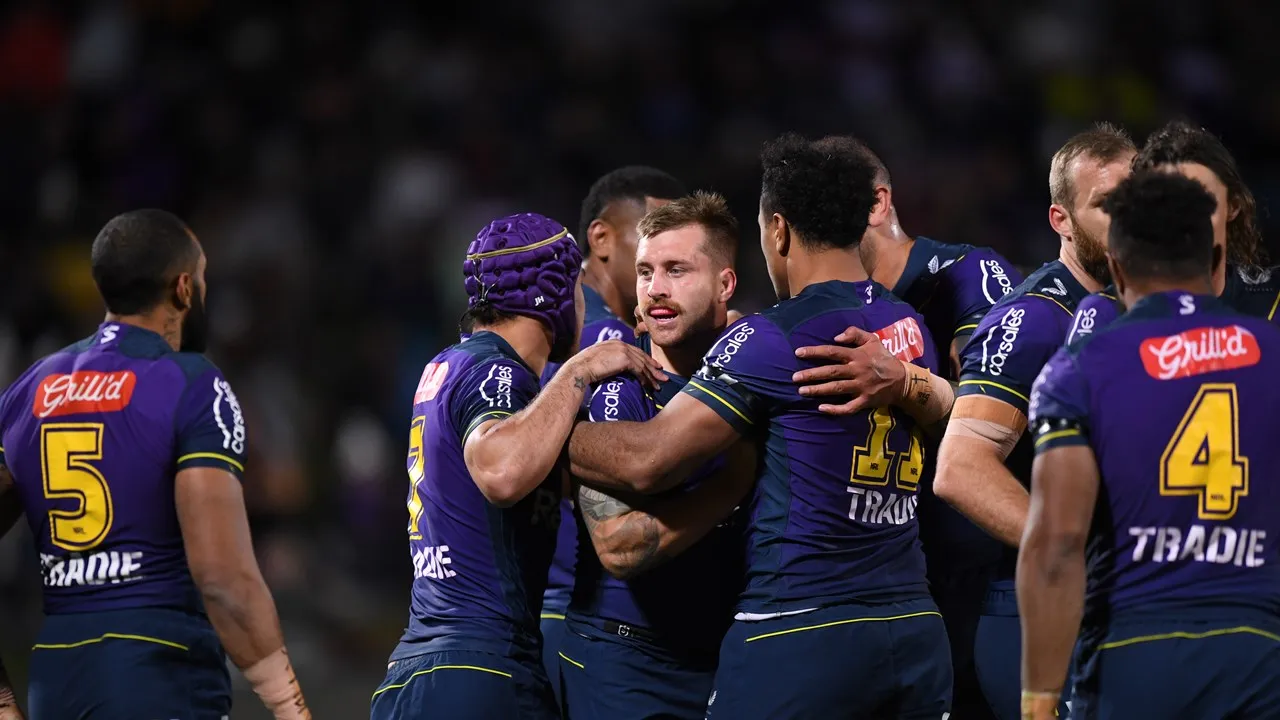When the Broncos faced off against the Dolphins at Suncorp Stadium two weeks ago, the match garnered the moniker “the Battle of Brisbane”. To those familiar with the city’s local history, these words evoke a distinct significance.
The true Battle of Brisbane, often likened to a two-day civil war, unfolded during the Second World War when a substantial number of US troops were stationed in Queensland’s capital. On November 26, 1942, while many Americans were preoccupied with Thanksgiving festivities, tensions between them and their Australian counterparts erupted into a violent clash. Over the course of two days, both sides resorted to using batons, broken furniture, knives, firearms, broken bottles, and fists to settle their grievances.
By its conclusion, one Australian serviceman, gunner Edward Webster, had lost his life, with six US and Australian troops hospitalized. The simmering tension between “Diggers” and “Yanks” persisted, providing fodder for Japanese propaganda throughout the remainder of World War II.

This week, as Queenslanders gathered in Brisbane’s CBD to commemorate Anzac Day, volunteer Brisbane Greeter Sue Norman led a walking tour, shedding light on pivotal moments from this historical event. Norman recounted how it all began at the intersection of Adelaide and Creek streets in 1942, where the American Red Cross Service Club had prepared a Thanksgiving feast, juxtaposed with the nearby “Australian Wet Mess” where Australian troops congregated.
The disparity in wages between Australian and American soldiers, coupled with perceptions of American sophistication and politeness, fueled resentment among the Australians. The outbreak of violence was triggered by an altercation involving an American military policeman and a drunk US serviceman, resulting in a brawl between American MPs and Australian troops.
As US military police intervened, utilizing batons to suppress the Australians, the scene unfolded into what war correspondent John Hinde described as “the most furious battle” he witnessed during the war, reminiscent of a civil conflict. War historian Dudley McCarthy reflected on how these events underscored cultural disparities between the two nations, despite their enduring alliance over the years.












